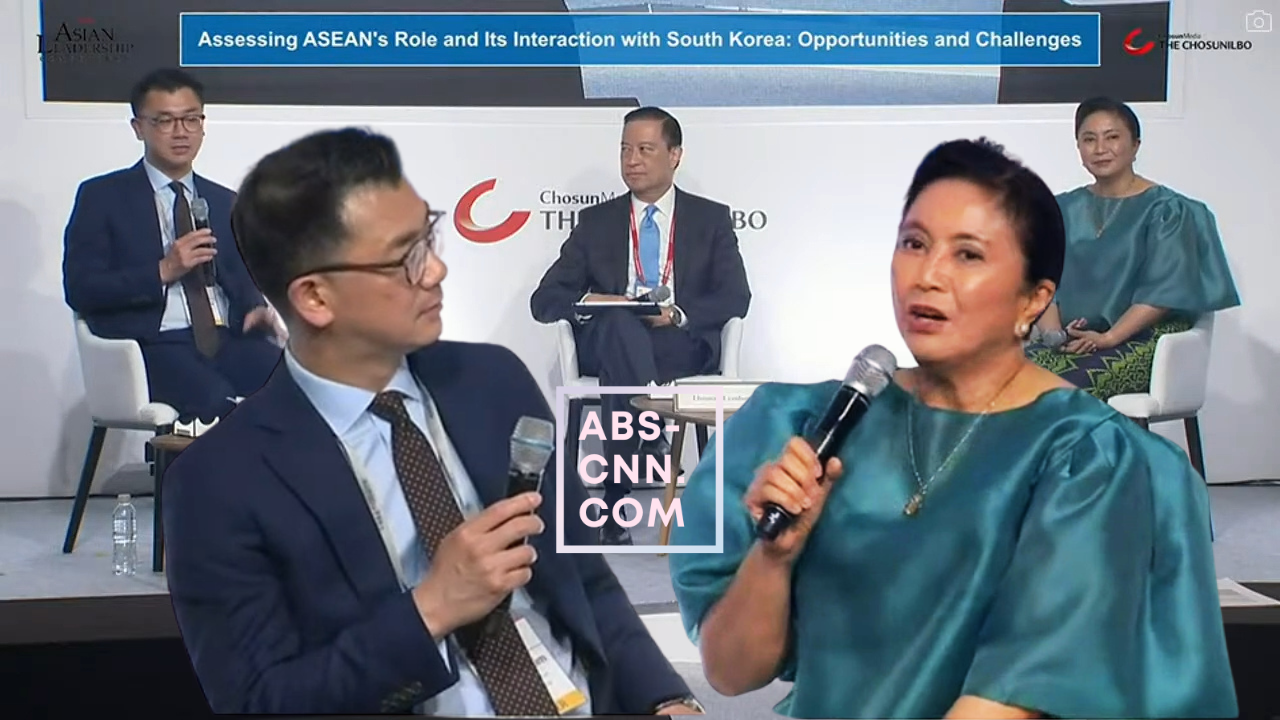In the last ASIAN Leadership Conference 2023, former Philippine Vice President Leni Robredo was asked about the direction of ASEAN or the Indo-Pacific in general, and she gave a wittingly positive response. It’s always good to hear leaders expressing optimism and confidence in the future of the region.
It shows a strong sense of vision and determination to work towards common goals. It’s important to stay informed and engaged in discussions about the direction of ASEAN and the Indo-Pacific, as it will have a significant impact on the global stage.
The following is a discussion between the Host and Former Vice President Leni Robredo.
Host: “I think you have a very unique perspective as an economist, as a human rights lawyer, and as a politician, if I may. And now, I think you have more freedom or flexibility to talk about because you are now out of the government.
As a former vice president of an important country, the Philippines, how do you see the landscape, the ASEAN as Tom kind of laid out, but more importantly, the direction of ASEAN or the Indo-Pacific in general, the region? You know, we can talk about ASEAN, but ASEAN is basically Indo-Pacific too. So, how do you see the region is moving in terms of its own?”
Atty Leni Robredo’s Response:
“You know, in the very recent past, Anthony, we have gone through a lot of upheavals, not just in the ASEAN, but in the entire global order. The Philippines is not spared of that. In the last six years, we’ve had to deal with more populist leadership, we’ve had to deal with some pivots as far as our foreign policy is concerned.
And now that there is a deepening tension between the US and China, we all know that there are far-reaching complications as far as countries like the Philippines and Indonesia is concerned, and the rest of the ASEAN. But I look at it as both a difficulty and an opportunity.
An opportunity in the sense that because there’s a deepening tension between the two countries, both countries are expected to exert more resources and more effort in also deepening other relationships with all the other countries in the region.
And this is an opportunity for all of us in the sense that it’s not just economic, it’s not just trade, but political and military relations can be enhanced because of the struggle between the two big governments.
There has been a lot of difficulties as far as the Philippines is concerned. We’ve had our fair share of, for example, territorial disputes as far as China is concerned.
In fact, during the administration of President Aquino, we filed an arbitral case. We filed a case before the arbitral tribunal because of our dispute with China on the West Philippine Sea and the South China Sea. The decision of this came out in 2016 when President Duterte and myself just assumed office.
There has been a lot of debate on how to handle the decision. Personally, I cannot speak about it because I’m out of government, but I felt like we have not been able to take advantage of that great opportunity.
It was the first time that a small country like the Philippines brought China to court as far as the territorial dispute is concerned, and I feel like we have not been able to maximize it.
That’s the same point of view that I share with so many. I look at ASEAN in a similar way. There are a lot of opportunities which we have not taken advantage of.
There have been a lot of realities which are causing this so-called stagnation. The consensus-building mechanism, again, is both a benefit and a difficulty in the sense that while it has contributed to the stability of ASEAN as an organization, it has also been a sort of a roadblock for us to exert more teeth, exert more strength in sensitive matters that affect the region, and territorial dispute is one of them.
I look at it as an opportunity where there is a lot of room for improvement in the relationship between the countries that are members of ASEAN, and not just the members of ASEAN but also its partners like South Korea can take advantage of moving forward.”













